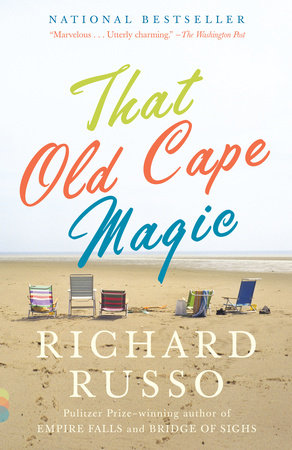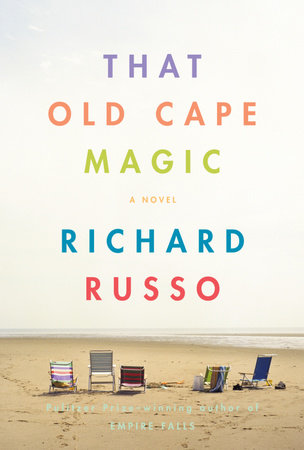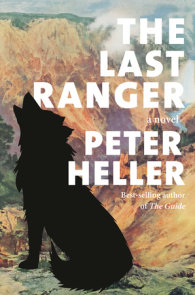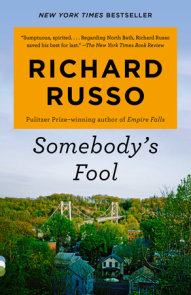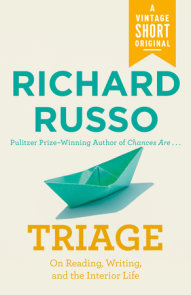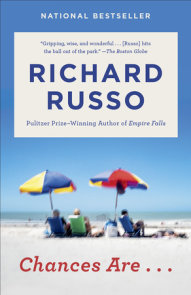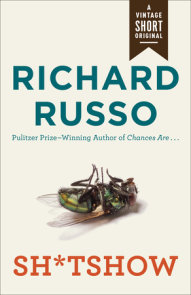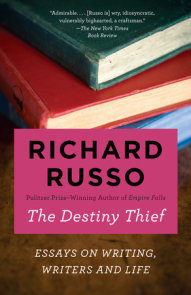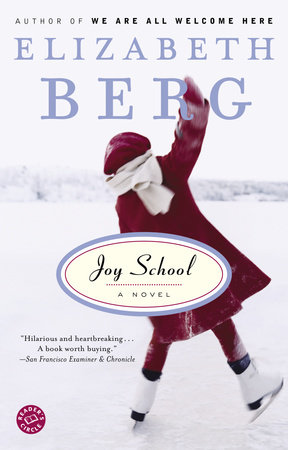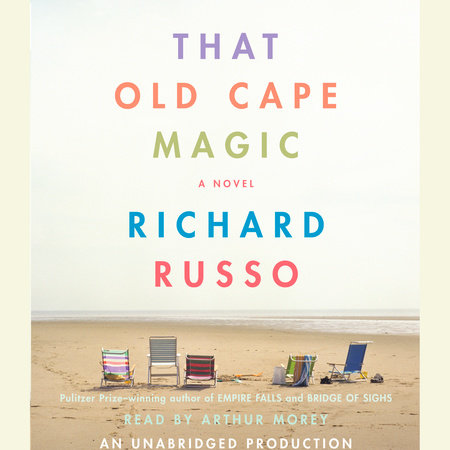

That Old Cape Magic
By Richard Russo
By Richard Russo
By Richard Russo
By Richard Russo
By Richard Russo
Read by Arthur Morey
By Richard Russo
Read by Arthur Morey
Part of Vintage Contemporaries

-
$17.00
Jun 01, 2010 | ISBN 9781400030910
-
Aug 04, 2009 | ISBN 9780307273307
-
Aug 04, 2009 | ISBN 9780739318935
548 Minutes
Buy the Audiobook Download:
YOU MAY ALSO LIKE

Emily, Alone
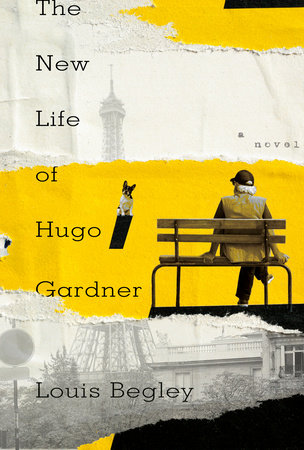
The New Life of Hugo Gardner
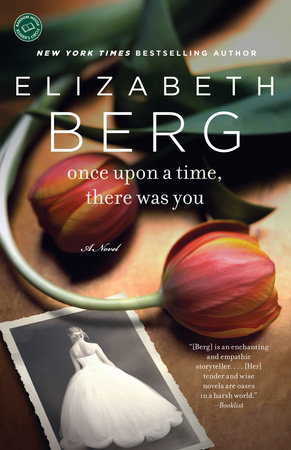
Once Upon a Time, There Was You
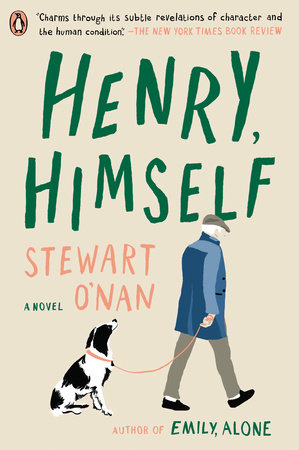
Henry, Himself
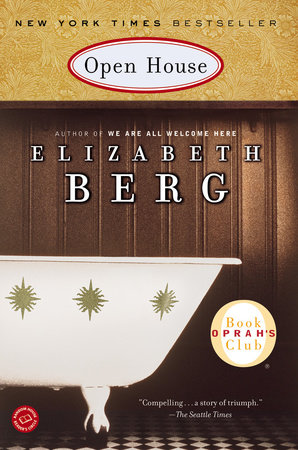
Open House
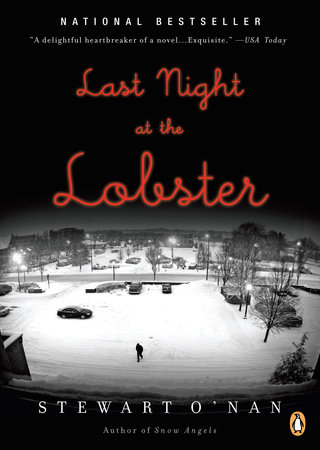
Last Night at the Lobster
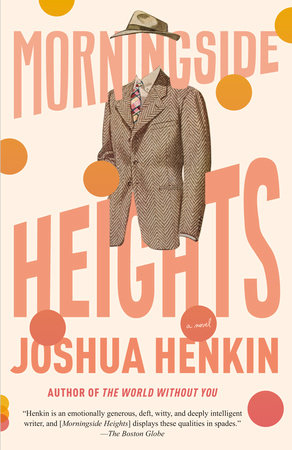
Morningside Heights
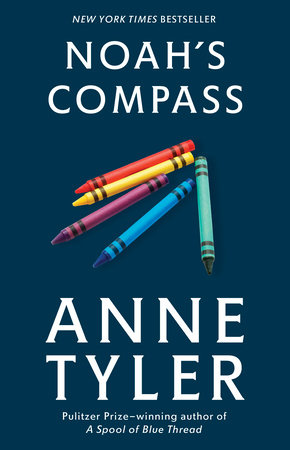
Noah’s Compass
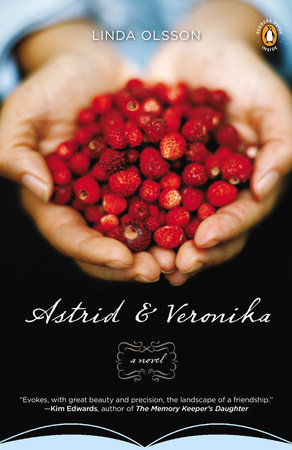
Astrid and Veronika
Praise
“Marvelous. . . . Utterly charming.” —The Washington Post
“In one of America’s most mythic landscapes, Russo details one man’s shaky first steps out of his past and into self-knowledge with good humor, generosity, and an open heart.” —O, The Oprah Magazine
“His most intimate yet: an astute portrait of a 30-year marriage, in all its promise and pain. . . . His honest, heartfelt storytelling—like a cooling breeze off a certain New England shoreline—has never felt fresher.” —People
“A fine book about parents and children, about remembering and forgetting, and ultimately what it means to be a grown-up.” —The San Francisco Chronicle
“When we finish reading That Old Cape Magic, we know we’ll start rereading it soon. And that the characters will come to mind at the most unpredictable times. We will stay on speaking terms with them more than we do with some of our real-life cousins.” —The Miami Herald
“Suffused with Russo’s signature comic sensibility, and with insights, by turns tender and tough, about human frailty, forbearance, fortitude, and fervor.” —The Boston Globe
“Russo has a great sense of humor, of the absurd, and of the intricate, constantly shifting, complex emotional levels of his characters. . . . The way Russo plumbs their depths are wonderful. Incidents and episodes charm and sparkle.” —The Providence Journal
“Does not disappoint. . . . [With] deep connection to place, and affection for the large cast of characters who blunder and struggle through his pages.” —The New York Times Book Review
“[With] elegant writing. . . . Few novelists exude as much wry compassion as Russo.” —The Christian Science Monitor
“The Pulitzer Prize-winning author has again worked his magic.” —Chicago Sun-Times
“Glistening. . . . [A] chambered nautilus of a novel.” —Maureen Corrigan, “Fresh Air,” National Public Radio
“Good-humored, deeply felt, frankly put. . . . Full of Mr. Russo’s canny dialogue and piquantly funny observations.” —The Wall Street Journal
“Insightful. . . . [With] sharply funny dialogue, a crisp and shapely plot, beguiling settings and likable characters . . . plus a couple of wildly hilarious big scenes.” —St. Petersburg Times
“This is a thinking person’s novel. . . . [Russo’s] prose is thought-provoking and guaranteed to make you examine your relationships with your parents, your spouse and your children.” —The City Wire
“Russo’s deft characterization, wit and sympathetic eye are always welcome.” —Winnipeg Free Press
“Effortlessly emotional . . . so awash in seriously comic and tragic but always brutally honest moments. . . . A beautiful depiction of how people think, how we convince ourselves that we are the center of our universe, and that things don’t just happen but are ‘done,’ often to or for us.” —Pop Matters
“Russo is an apt and sensitive storyteller, and his prose is generously sprinkled with insights into everyday life.” —Daily Herald
“Tender and heartening. . . . Full of humor and pathos. . . . A deeply mature novel that deals with marriage and aging so gracefully.” —San Antonio Express-News
“Russo is a sensitive, intelligent writer. . . . It’s always a pleasure to read his smooth prose and inhabit his characters’ conflicted minds.” —The San Jose Mercury News
“A comic yet thoughtful take on marriage. . . . But amid the humor, it raises questions about the complications we inherit and the ones we build for ourselves.” —USA Today
“A touching portrait of smart people spinning their wheels.” —Chicago Tribune
“A recipe for laying ghosts to rest [and] a tale about love requited and unrequited. Finally, it is a big-hearted book about real, complex relationships that are an utterly fascinating mix of the two.” —Bangor Daily News
21 Books You’ve Been Meaning to Read
Just for joining you’ll get personalized recommendations on your dashboard daily and features only for members.
Find Out More Join Now Sign In








